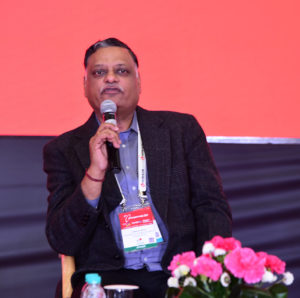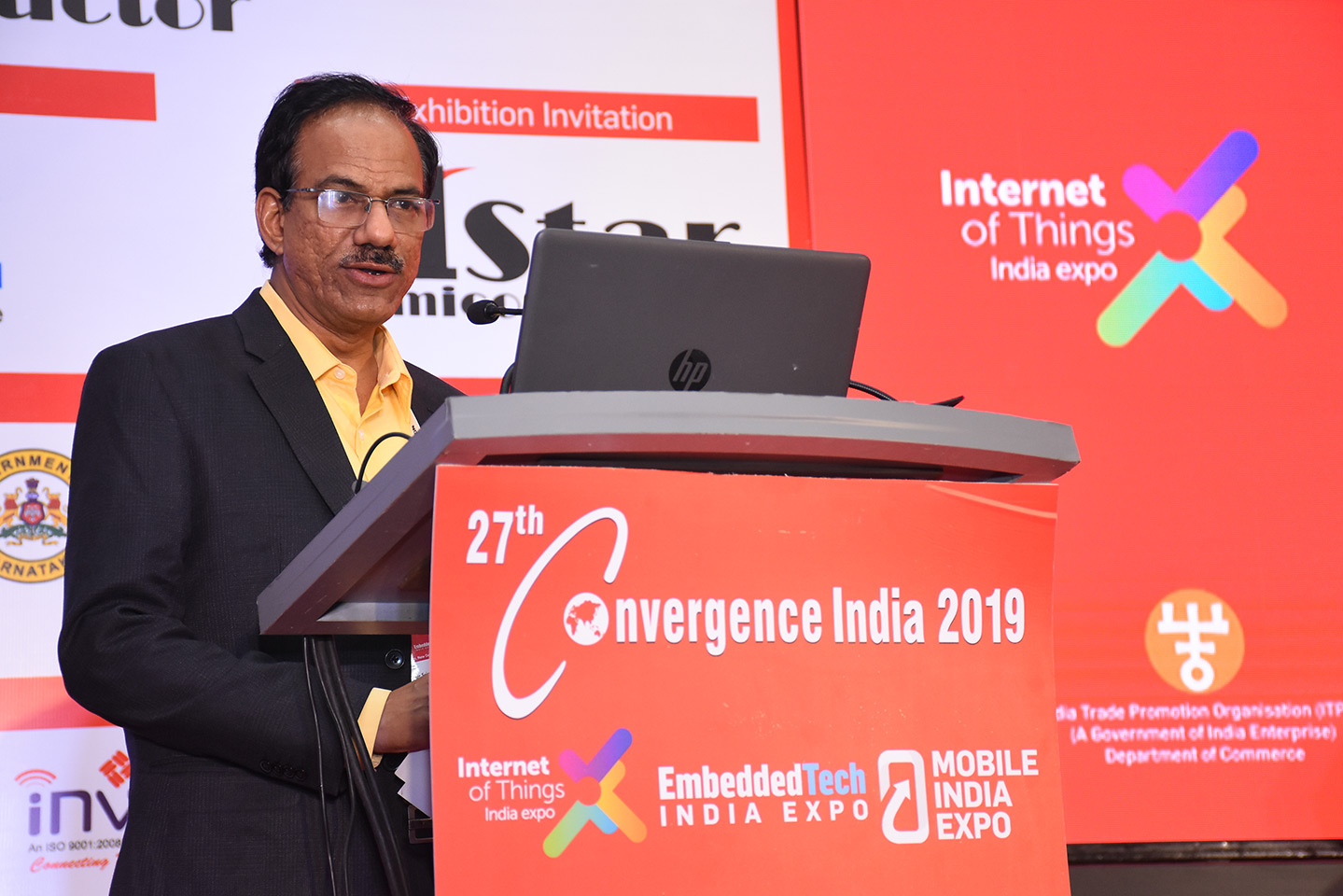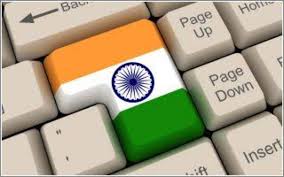The need for better cybersecurity practices in Industry 4.0, a stronger regulatory environment for data and IT security, and investments towards improving the cybersecurity landscape were among the major topics under discussion during the 27th Convergence India 2019 expo and conference. The integration of IoT across industries, like healthcare, manufacturing, and in consumer durables, is a huge opportunity for businesses to achieve unparalleled levels of efficiency, while also enhancing their offerings through more intelligent collection and analysis of data.
IoT has also seen a growing adoption in the global healthcare industry, with around USD 1036 billion being invested towards the development of devices and systems. There are currently about 87 million devices connected across the world, which are being leveraged to reduce costs and enhance quality of services across the healthcare value chain.
Genesis Hack is Poised to Solve India’s Lack of Blockchain Workforce
The increasing use of IoT and digitization across industries like healthcare and manufacturing also throws open challenges related to data and IT security. A panel discussion session titled ‘Cybersecurity/Cybercrime: Breaching data is a reality. What is the way ahead?’ saw speakers from the IT and cybersecurity, as well as academic domains discussing the current data security scenario both at the enterprise as well as consumer/user level.
Dr. Sriram Birudavolu, CEO – Cyber Security Centre of Excellence, Data Security Council of India (DSCI) said, “Classifying data according to the level of sensitivity is imperative for companies today and the first step towards creating robust data management systems. Simply implementing laws is not enough for cybersecurity. Rather, a culture needs to be instituted in the country for managing data and keeping it secure like any other asset. This is always a more practical alternative to creating hundreds of laws that end up stifling innovation, and curbing the growth of smaller, emerging players across industries. But given the lack of adequate laws in place to govern data management and protection in the present business landscape, the onus is on companies to perform extensive due diligence through effective data classification, storage, and conducting regular audits to ensure best practices.”
Dr. Sriram also emphasized on the urgent need for the government and the industry to invest in R&D, skill-building, and capacity building to meet the rapidly increasing demand for both skilled individuals and stronger cybersecurity solutions.”
One of the points discussed during the panel discussion was the need to relook the IT Act, which was enacted first in the year 2000 in accordance with international standards. In addition, the speakers also touched upon what needs to be done at the organisational level, in addition to amending the current laws to emphasise on data protection and securing IT assets in compliance with international laws and global standards.

Vishal Kumar, Director – Cyber Education & Services, Quick Heal Technologies Private Limited, also said, “Data needs to be structured and controlled in a more efficient manner at the business and organizational level for it be protected properly. Cybersecurity mechanisms are no longer just an IT requirement, but rather a business need – from the basement to the boardroom. Organizations and enterprises dealing that deal with large amounts of data need to establish policies and train employees on how to handle sensitive data and protect the interests of the organization as well as its customers.”
Sudhanshu Mittal, Director – Industry 4.0, Centre of Excellence for IOT, NASSCOM, said during a panel discussion, ‘Industry 4.0: Innovation through digital collaboration’, “Industry 4.0 will enable businesses to adopt digital technology no matter at what stage of maturity they are in when it comes to the use of technology in the enterprises. But it is also important to understand that digital transformation is a journey and not a one-time activity. Businesses need to try out different solutions and systems and see what works for them, and then take the necessary steps to integrate the right ones into the organization. Technology developers need to identify specific problems faced during industrial processes, like manufacturing for instance, involving assembly line operations and production equipment. IoT offers the ability to connect various stages in the manufacturing process and existing knowledge related to each process which can enable optimization of inputs, save costs, and improve unit economics.”
Organised by India Trade Promotion Organisation (ITPO) and Exhibitions India Group, the event builds upon Government of India’s ‘Digital India’ and ‘Make in India’ initiatives through a display of a vast array of products pertaining to fields such as ICT, IT & ITeS, broadcast & digital media, emerging technologies & enterprise solutions, VR and AR, AI, robotics, cloud services, semiconductor manufacturing, etc.
ITPO, the premier trade promotion agency of the Ministry of Commerce and Industry, Government of India is committed to showcase excellence achieved by the country in diverse fields, especially trade and commerce. It provides a wide spectrum of services to trade and industry, and acts as a catalyst for growth of India’s trade.
Exhibitions India Group is a trade promotion organisation, creating opportunities for investments, joint ventures, and technology transfers. The Group acts as an interface between businesses, government, academia, society, media, etc. It has been in existence since 1987, and organises international trade shows through services, employee involvement, market intelligence, and continual improvement.
A word from our Sponsor: Looking for Content Marketing support? Click here.











